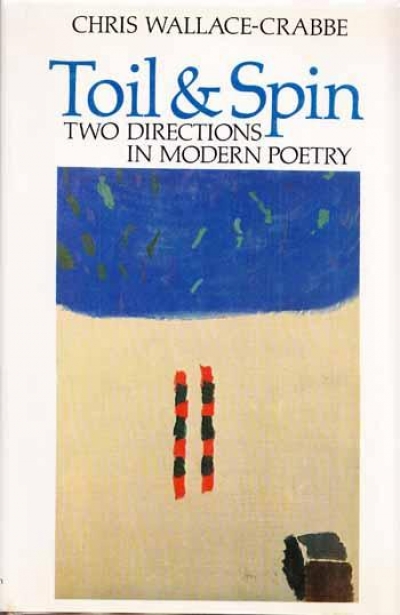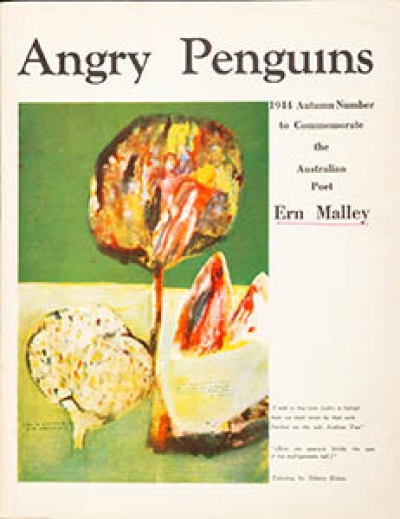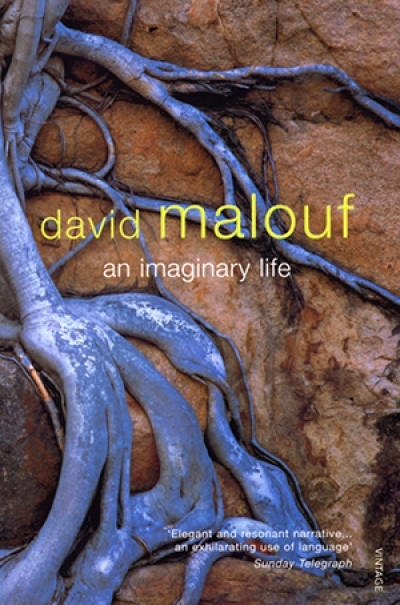John McLaren
Rock Choppers: Growing up Catholic in Australia by Edmund Campion
Xavier Herbert’s Capricornia and Poor Fellow My Country by John McLaren
Toil and Spin: Two directions in modern poetry by Chris Wallace-Crabbe
Angry Penguins edited by Max Harris and John Reed & Poetic Gems by Max Harris
While the reading of a book has become a solitary matter, its interpretation remains a convivial task which must be performed anew for each new reader, new age, and new country. The business of criticism is to help us in this task, and from a multitude of judgements to further our understanding of an author’s words for our time. The critic is therefore involved not only with books, but through them with the cultural problems of his society. Critical debates thus become debates about major social issues.
... (read more)Marxists have always been concerned about the relationships of intellectuals to the rest of society, and particularly to change in society. The intellectual, being able to stand aside from immediate social pressures, is able to see the truth of what is happening, and so to correct the false consciousness of those who are involved in the everyday business of production.
Marx and Engels themselves provide the perfect examples of these roles – Engels earned the income, in his role as successful capitalist, while Marx did the thinking. Yet there is a contradiction. The conclusion to which Marx's thinking led him was that ideas themselves are determined by the material forces of production. If this is so, then the words of the intellectual who explains this process are not only irrelevant. but probably untrue, as the consciousness which has generated his ideas has not itself been a part of the productive process.
... (read more)Although the policy of the Australian Book Review is to review only Australian books, every now and then a publisher sends us a book which is so important or so relevant to issues of current concern that it cannot be ignored. Recent debate in Australian newspapers makes The Holocaust in Historical Perspective, by Yehuda Bauer (published in Australia by ANU Press), such a book.
The book consists of four lectures originally delivered in Seattle, and concerned with the question of why the Holocaust is the central experience of our civilisation, and of how it was allowed to occur.
... (read more)Beverley Kingston’s review in this issue draws attention to the effect the Women’s Liberation Movement has had on our understanding of our past. By asking the questions insistently imposed by the present, the historians of women’s affairs have not only forced us to see a segment of our history which had been hidden, but have made us realise that this omission was just part of a total distortion of our view of history, and therefore of life. This distorted knowledge of the past affects the way we see ourselves, and thus diminishes our recognition of the possibilities open to us in the present. The unreasoning hostility which the Women’s Movement has aroused can be explained only in terms of our fear of the unknown. These new ideas do not threaten just the security which a male-dominated world offers to men and women alike. Rather, by taking away our comfortable structure, they take away our personal identity, and therefore threaten the existence of any kind of order.
... (read more)




